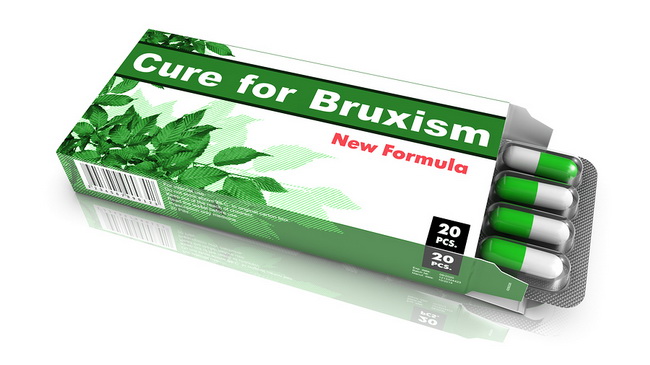- Make It Yourself Lavender Heart-Shaped Bath Bombs!
- 20 Things You Never Knew About “Down There”
- 12 Best Foods For Those Suffering From Arthritis Pain
- 12 Personal Hygiene Mistakes Almost Everyone Makes (Mom Never Told You About #4!)
- 15 Medicinal Plants And Herbs From The Cherokee People
- 12 Mind-Blowing Benefits Of Drinking Coconut Water During Pregnancy
- 12 Outstanding Winter Foods That Won’t Fatten You Up Like A Christmas Turkey
12 Ways To Stop Doing This Every Night (And We Don’t Mean Snoring!)

Photo credit: bigstock.com
1. Change Your Medication
There are some antidepressants and other types of psychiatric medications that tend to cause teeth grinding or clenching of the jaw. If you are taking any type of prescription medication for mental or emotional issues, speak to your doctor about possibly changing your medication.
2. Warm Compress
Heat can help to relax the muscles of the jaw or the mouth. You can try applying moist heat around the jaw to help prevent teeth grinding. You can take a warm bath, being sure to submerge your jaw for at least a few minutes, or you can simply soak a washcloth in hot water and then wring out the excess. Hold the warm, moist towel over your jaw area for five to 10 minutes to help to relax the jaw muscles before bedtime and again in the morning to relax any tightness.
3. Mouth Guards
Night guards or mouth guards are available in every sporting goods store and more pharmacies. These are simple silicone or plastic mouthpieces that fit between the teeth and prevent you from completely closing your mouth and grinding your teeth. The mouth guards sold in these stores are one size fits most, and they might not work for you. You might want to consider having your dentist create a custom one that fits your mouth perfectly. This is a more expensive option, but it can be well worth the investment.
4. Massage
A gentle massage of the jaw, shoulders, neck, and face for a few minutes several times each day, and again before bedtime, can help to relax the tension in the jaw muscles. This can help reduce pain and jaw clenching. Many massage therapists offer a full body, stress management massage that can help to relieve tension, which is one of main causes of bruxism.
Continue to Page 3




























